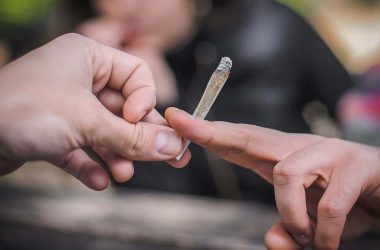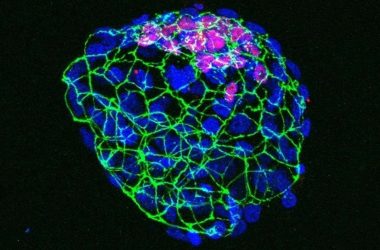Introduction
Doctors have suggested that kidneys from babies who die during or soon after birth could be used for transplantation into children and adults. While this practice is already performed in some countries, it is still relatively uncommon. The European Society for Organ Transplantation Congress recently discussed the potential benefits of increasing the use of these kidneys for transplants.
The Potential of Neonatal Kidney Transplants
Although newborn babies’ kidneys are smaller, they grow quickly when transplanted into a child or adult. The kidneys of newborn babies are typically removed as a pair and transplanted into a recipient next to each other on one side of their body. Within three months, a pair of newborn baby kidneys can function as effectively as one adult kidney.
Shortage of Donor Organs
Kidney transplants are in high demand as they can save the lives of individuals with kidney failure. Unfortunately, there is a shortage of donor organs, leading to thousands of deaths each year of people waiting for transplants. Currently, organ donation is only possible in specific cases, such as after a severe physical injury or stroke that renders the person’s condition unsurvivable.
Challenges and Concerns
One of the challenges in using neonatal kidneys for transplantation is approaching bereaved parents to discuss organ donation. Many healthcare professionals avoid these conversations, considering them too distressing. Another concern is the higher vulnerability of newborn kidneys to develop blood clots after transplantation, which can lead to complications.
Success Rate and Future Prospects
Studies have shown that neonatal kidney transplants have a similar long-term success rate compared to transplants from adult donors. While the initial risk of developing blood clots is higher, the baby’s healthy organs often perform well in the long run. Ongoing efforts are being made in the UK to encourage neonatal organ donation and improve transplant services.








